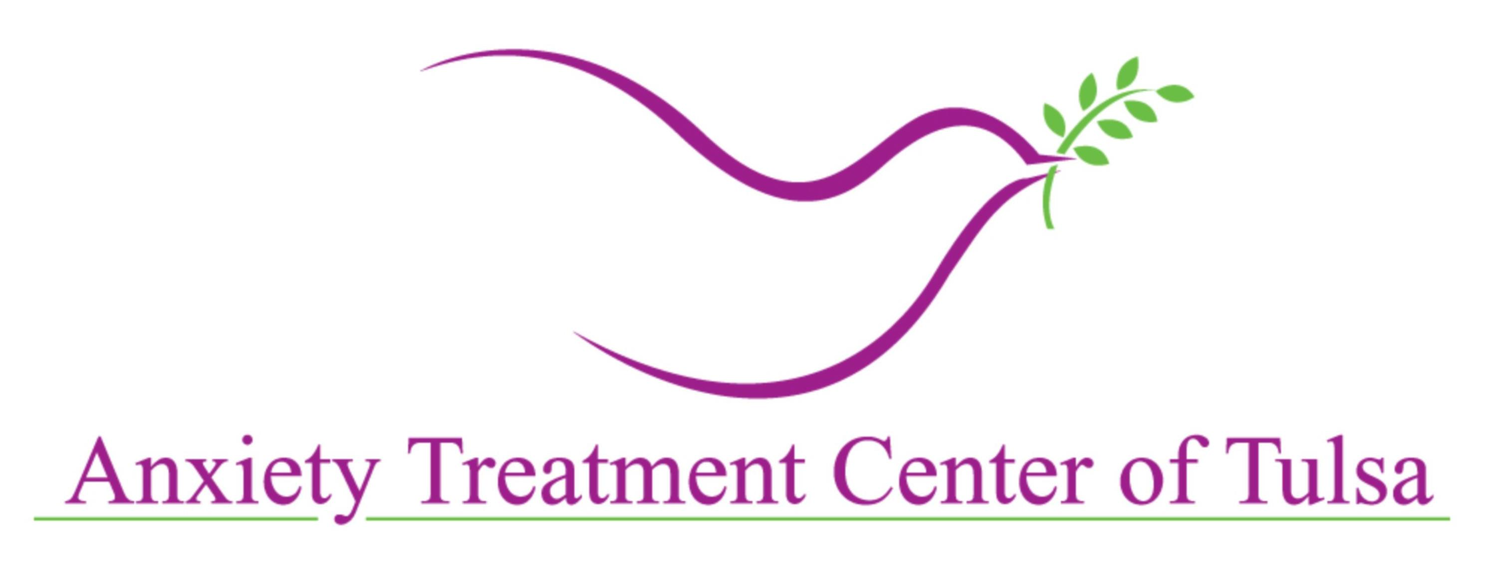Agoraphobia
A person who suffers from agoraphobia feels fear at the possibility of being trapped or embarrassed or in some other way unable to cope.
Often, agoraphobia develops after a person has had one or more panic attacks—and fears having another panic attack while in public.
Signs & Symptoms of agoraphobia:
Fear of being alone in a crowded place or social situation
Fear of being in public and losing control
Fear of being trapped in a place where it's difficult to leave—like a car, train, elevator, etc.
Fear of leaving home, especially without someone to accompany you. Some people with agoraphobia can become virtually home-bound, almost never going anywhere.
Feeling dependent on others, or helpless to manage without others
Feeling embarrassed and distressed about their fears
As mentioned, agoraphobia often develops after a person has experienced one or more panic attacks. The symptoms of panic attacks are:
Intense fear, or dread
Dizziness, faintness, lightheadedness, disorientation.
Fear of dying or of going crazy
Feelings of detachment or unreality
Shortness of breath, or feeling of smothering
Palpitations or pounding heart
Trembling or shaking
Excessive Sweating
Urge to escape
Numbness or tingling in hands or fingers
Fear of impending doom
Feeling out of control
Chills or hot flashes
Nausea or stomach aches or cramps
Chest pain
Because panic attacks have some of the main symptoms as dangerous medical conditions, such as heart disease, it's important to get a medical checkup if you have panic attack symptoms. In such a case, please see your physician to rule out an underlying physical condition.
Please note: Eventually, agoraphobia treatment sometimes eventually employs real-life exercises of exposing oneself to feared situations…in the presence of a therapist. This can be a helpful part of treatment. But it may be less effective for some to do this over the phone. On the other hand, many agoraphobics may only be able to tolerate beginning therapy/counseling by phone. So the fact that all our sessions are done by phone can be both an advantage and a drawback. Most people can certainly make good progress, but individuals vary in what works best for them.
If you think our services might be helpful, and you'd like to begin the process of overcoming agoraphobia (with or without panic attacks) and start taking back more control over your life, please call Michael Posner, MSW, LCSW at (918) 830-3750.
